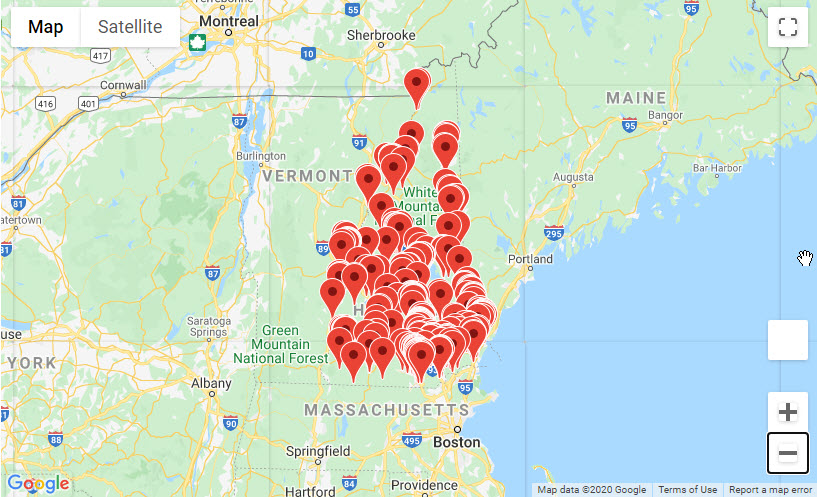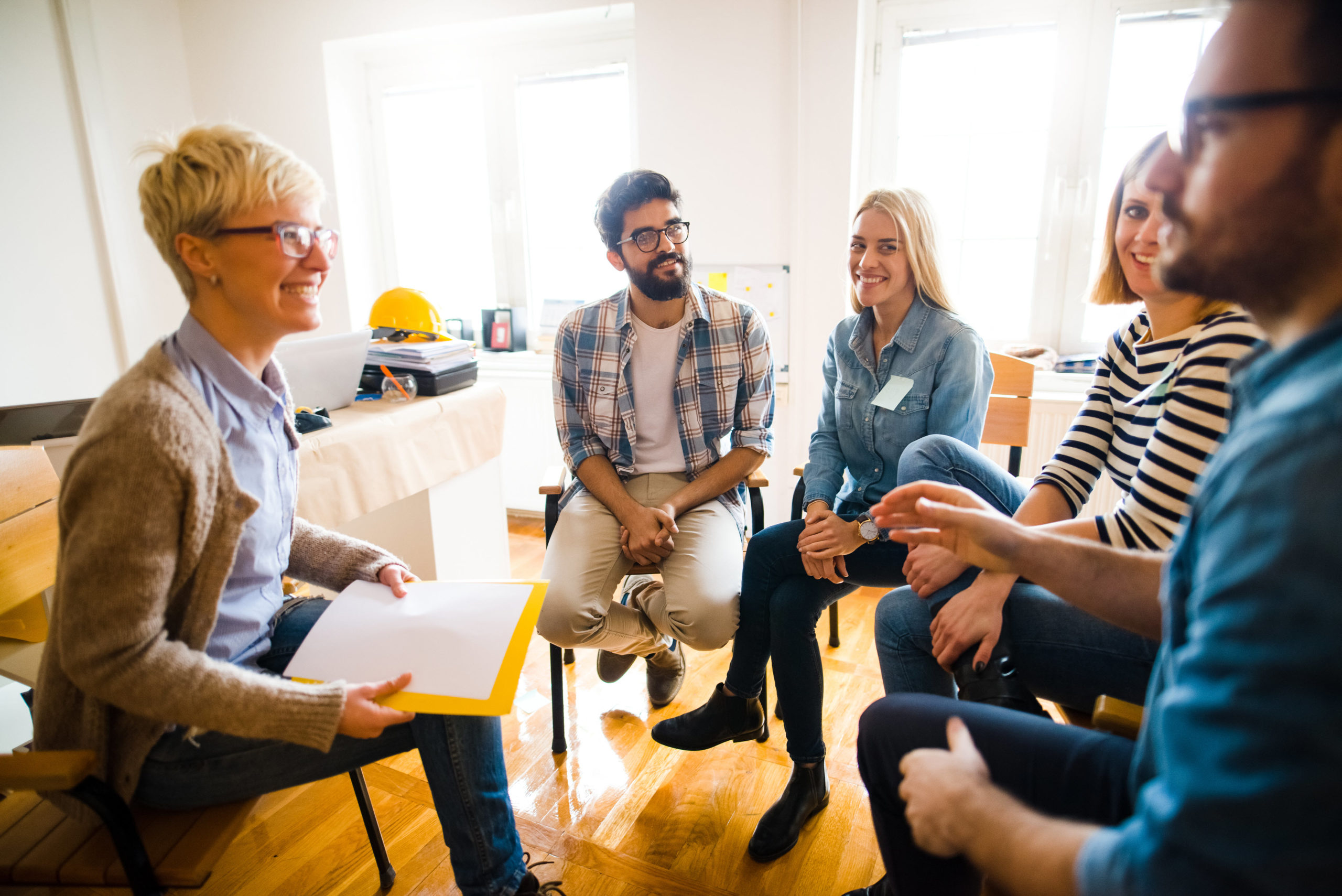Prevention in Your Community
Everyday Actions
Prevention and recovery efforts take place at every level-individual, family, community and state. Each of us can do small things every day to contribute to prevention and recovery efforts. Overwhelmingly, research shows that CONNECTION through relationships is important to mental health and substance use prevention.
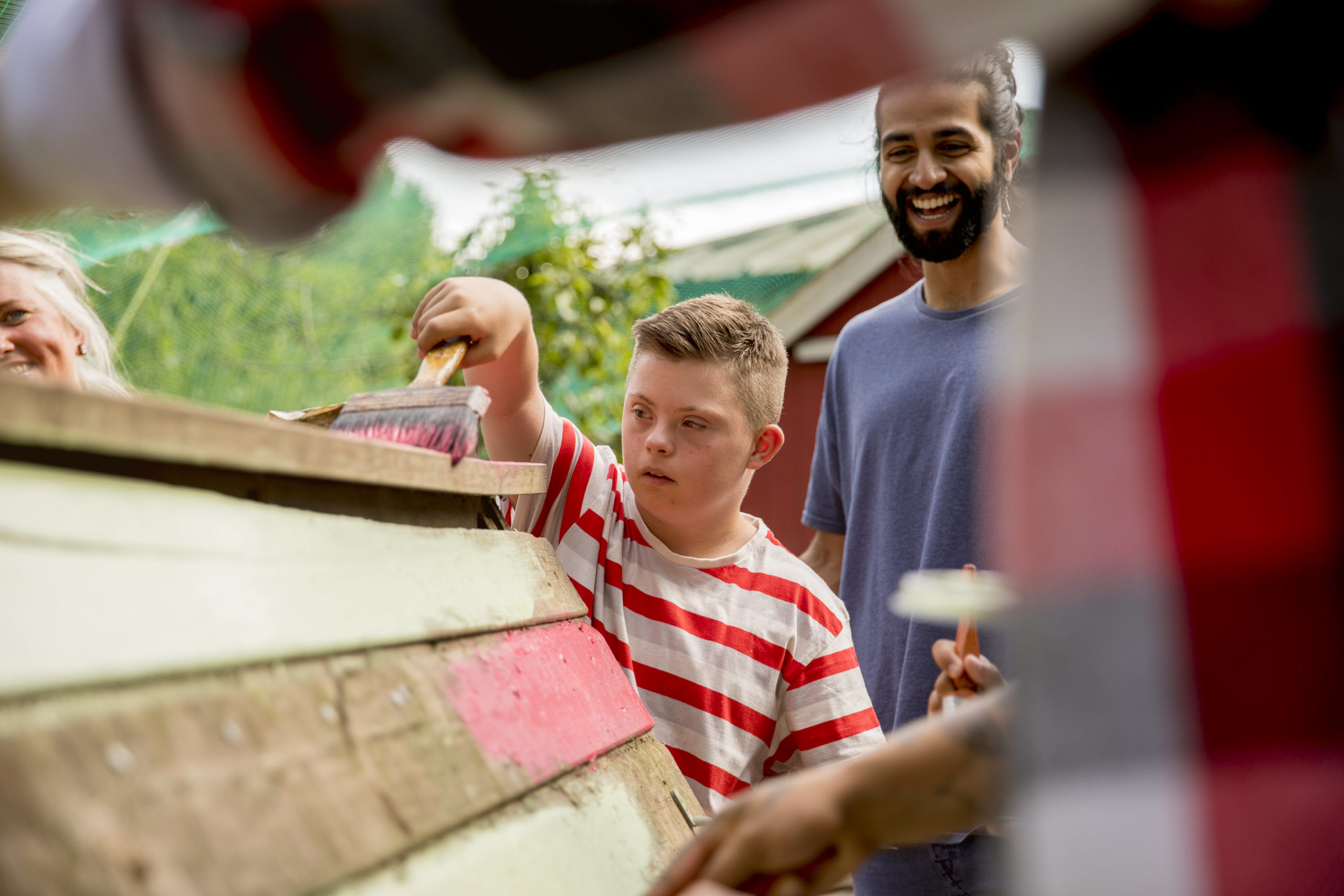
Engaging in meaningful activities.
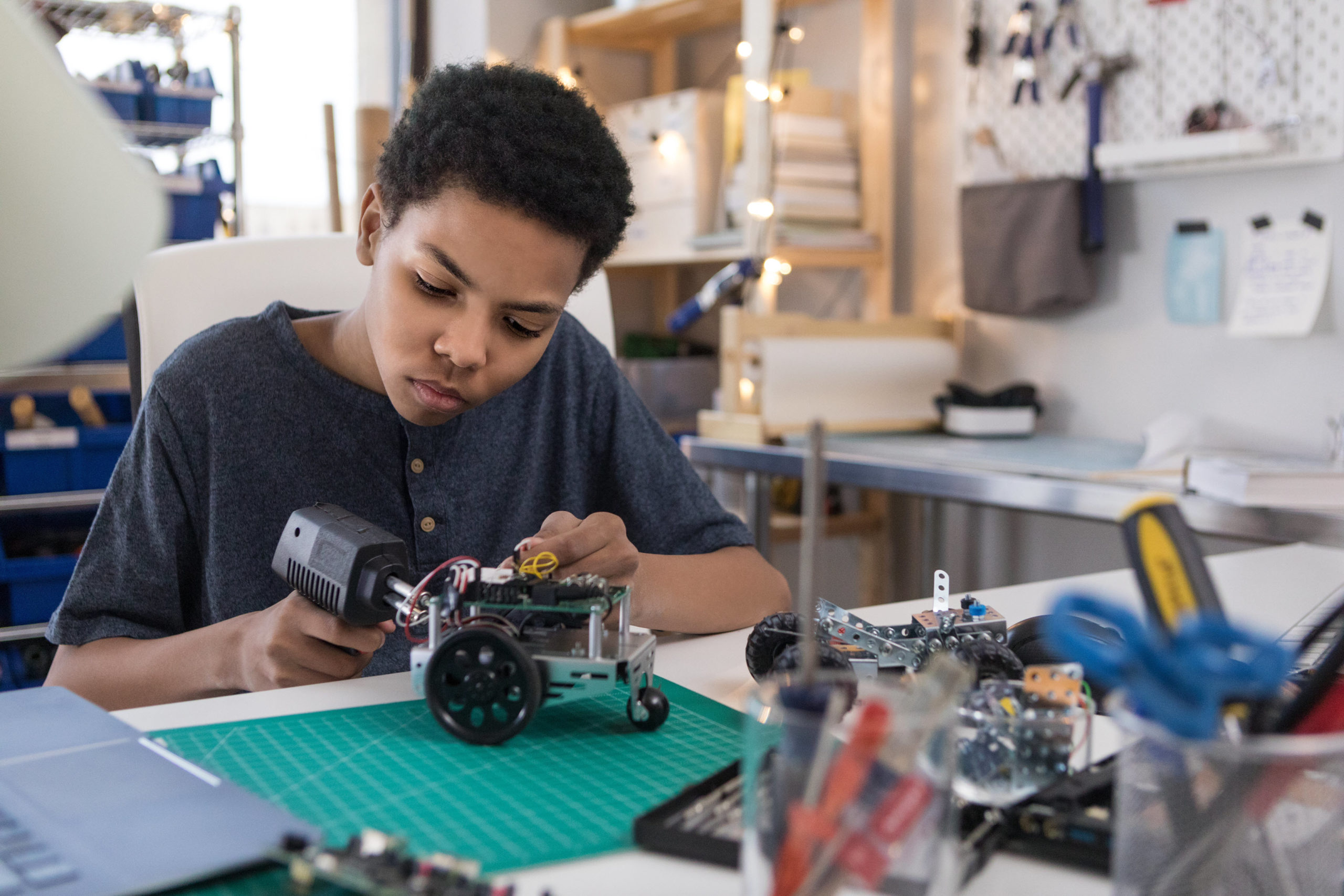
Life skills and social competence
Invite your child, their friends and/or your community’s children to learn a new skill (stack wood; fix the muffler; sew a patch on pants; make a budget; cook a favorite family dish; go fishing). Learn side-by-side with each other.
Talk to your child, their friends and/or your community’s children. Ask about their day, what made them laugh, squirm, roll their eyes today.

Cultural identity and connection
Engage in conversations about diversity and engage with individuals with different experiences or cultures than your own experiences and culture(s).
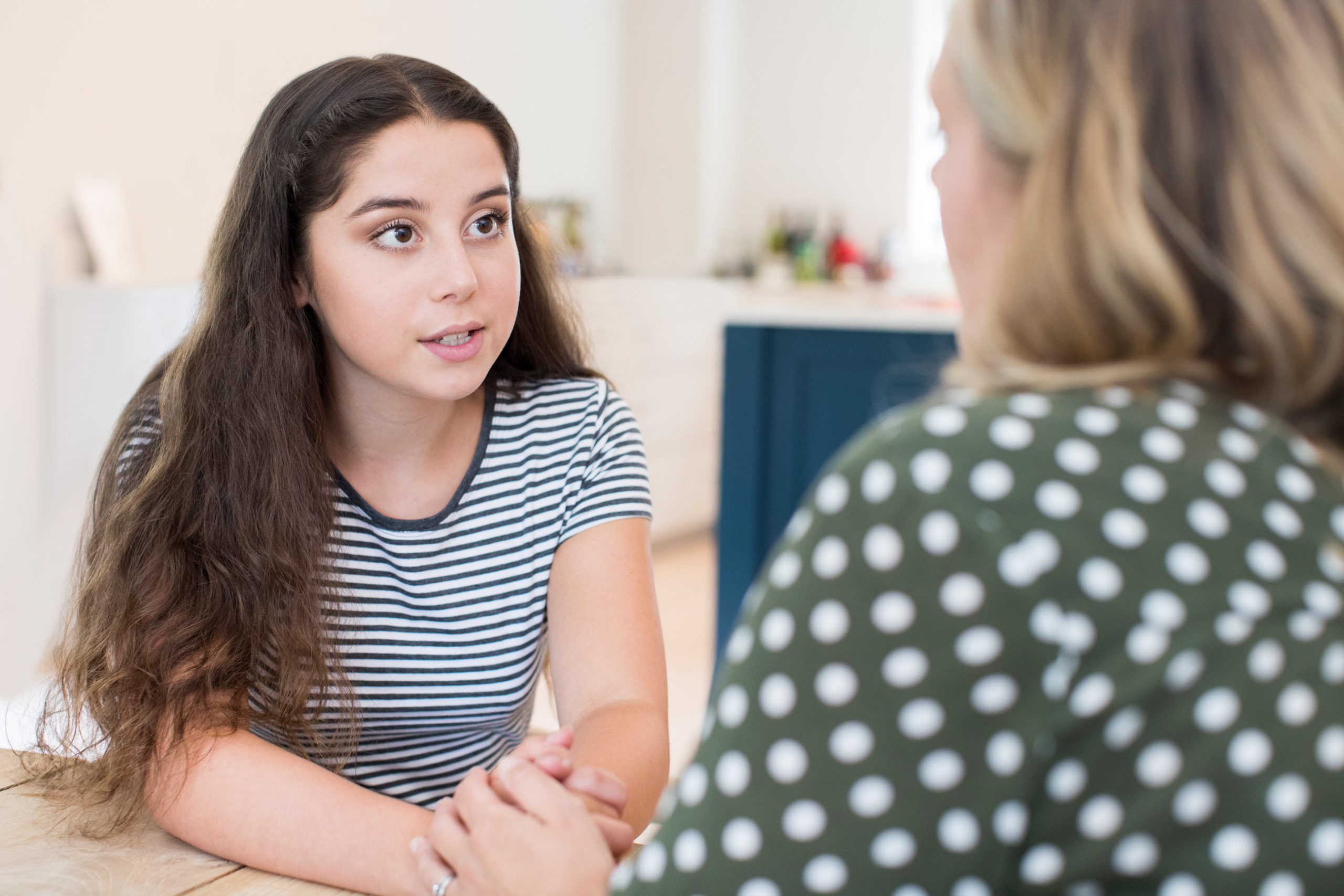
Having positive role models
Model healthy behavior around substance use and promote positive communication.

Family connectedness
Be present and show an interest in your child; seek help if parenting positively is hard; provide support to neighbors and friends who may be stressed in their family relationships.
So what can you do to encourage this CONNECTION?
Connect with What's Happening in Your Community
- Identify supports, services and resources in prevention, early identification and intervention, treatment and recovery support and identify where gaps in these areas may be.
- Help identify local, regional, state and federal resources to fill those needs and
- Develop steps that support communication, collaboration, and integration in communities.
Become a Recovery Friendly Workplace
Advocate!
Becoming an advocate means you understand the affects substance misuse has for individuals, families and communities and you want to get informed, be engage and be part of the solution to promote healthy and resilient communities.
Being an advocate is working at community and/or state levels to increase awareness and support for prevention, intervention, treatment, and recovery!
You can help make a difference!
- New Futures is a non-profit, non-partisan advocacy organization working to reduce underage alcohol problems and increase access to treatment in New Hampshire. New Futures provides advocacy training to New Hampshire residents three times a year, and tracks legislation related to our issues.
- The New Hampshire Provider Association represents service providers that deal with alcohol and other drugs.
- The New Hampshire Public Health Association tracks legislation related to alcohol and other drugs.
- Granite State Children’s Alliance is New Hampshire’s network of child advocacy centers.
- Family Support Groups for Substance Use Issues for parents concerned about substance use by their child, teen or young adult
- Life of an Athlete is a comprehensive prevention program for NH schools
New Hampshire Alcohol and Drug Treatment Locator
The New Hampshire Alcohol and Drug Treatment Locator helps you find NH service providers nearby that offer substance abuse disorder treatment programs.
Join The Partnership
Join the Partnership and together we can reach even more NH individuals, families, and communities get informed, get involved, and get help!

